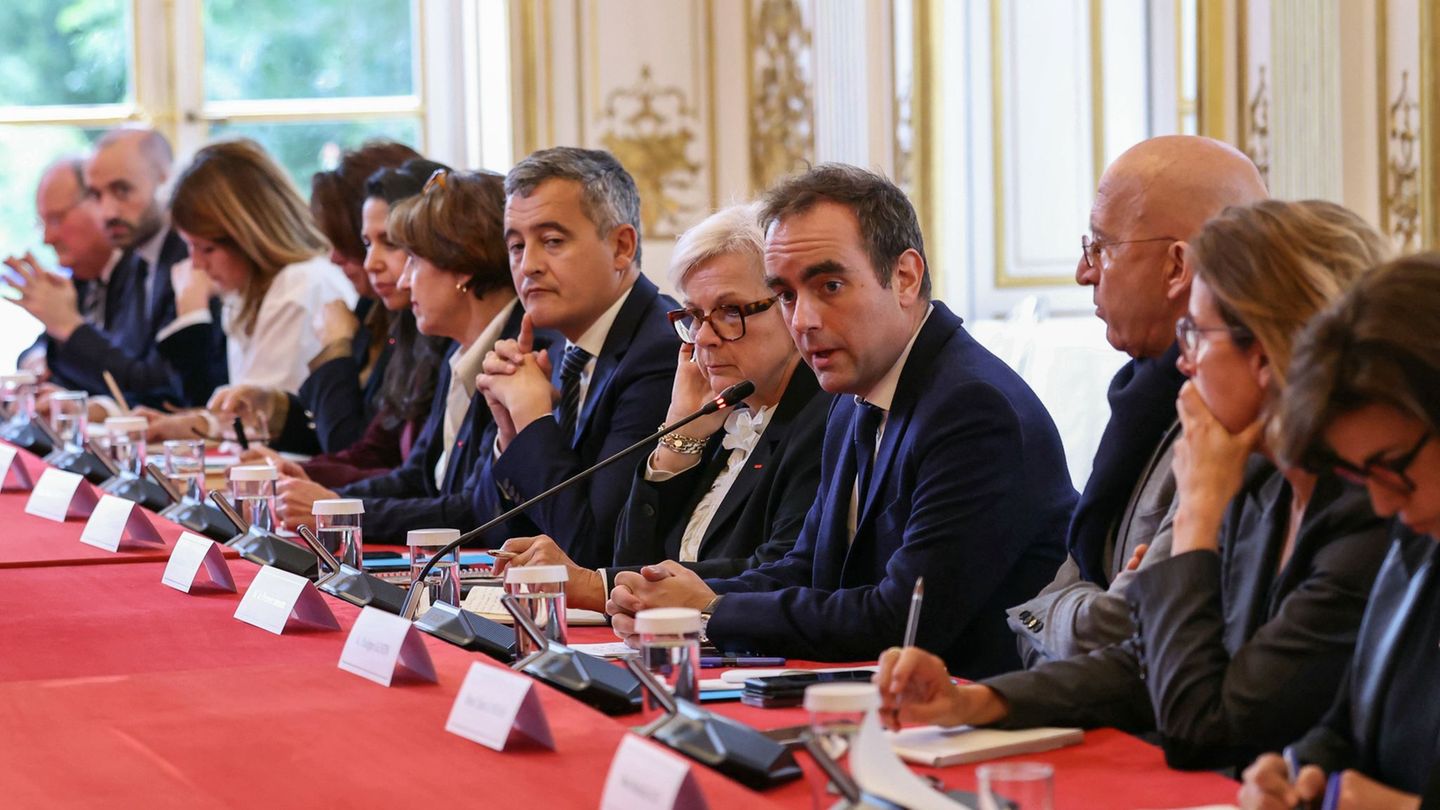As part of a project, researchers investigated factors that could play a role in the development of illiberal attitudes, involving students from the border triangle of Austria, Switzerland and Germany. It was found that unfair treatment by teachers is an important factor that promotes populist attitudes. However, the way teenagers are supported in their own circle of friends seems to be much less relevant. The quality of the relationship with parents is not relevant at all, as the study published in the journal “Perspectives on Politics” – which claims to be the first study to examine the factors for populist attitudes among teenagers – suggests. No correlation was found here, said study author Sebastian Jungkunz from the University of Bonn.
- Read also: Reduction in support hours: “Children are left behind” (OÖNplus)
Teacher central authority figure
The team conducted surveys and interviews in schools in the area around Lake Constance (Germany, Switzerland, Austria). A total of 3,123 teenagers aged between twelve and 18 were included, of which just over half were girls and 32 percent had a migrant background. 1,523 adolescents from Vorarlberg took part, and Gudrun Andrea Quenzel from the Vorarlberg University of Education was involved in the project on the Austrian side. The survey took place in eastern Switzerland at the beginning of 2020, in western Austria in the middle and in southern Germany at the end of the same year, although the lockdown experience did not influence the findings in the countries.
“We initially assumed that the circle of friends could be a bigger factor. But that hasn’t turned out to be the case,” said Jungkunz. The finding that the tendency towards populism is linked to poor relationships between students and teachers would also be consistent with a study from Great Britain involving thirteen to fifteen-year-olds. “Young people spend a lot of time in school every day. Teachers are central authority figures in this one context, namely school. It is therefore rather easy to link negative experiences only with this one role of the teacher. Corresponding associations in the mind then manifest themselves in the long term,” explained the researcher: “Parents or friends are linked to more complex relationships, there are more different, positive and negative experiences.” School also offers a first experience of how public institutions function.
- Read also: Insulted, threatened, slandered: When teachers need a lawyer (OÖNplus)
“Adolescence is a crucial phase”
The study also found that girls and teenagers at schools that qualify them for university studies were, on average, less likely to display populist attitudes. Adolescents with a migrant background and those from wealthy families were more affected. In addition, those who experienced discrimination at an early age were also more likely to think in black and white later in life.
“Our study shows very clearly that adolescence is a crucial period for receptivity to populist ideas,” Julia Weiss of the German Leibniz Institute for the Social Sciences was quoted as saying in a press release: “Populism flourishes when people feel they have little say, they sense injustice, and when they perceive a lack of will or inability among those with power to respond to individual and social grievances.”
- On the topic: Out into life: Four high school graduates talk about their future (OÖNplus)
When asked about the multiple crisis situation that has become even more severe in recent years and which teenagers are also exposed to, Jungkunz said: “The effects we have identified are likely to remain the same today, if not even intensified.” Right-wing populist parties operate a lot on social media channels that are frequented by young people. This means that young people are also more exposed to populist communication; the perception of unfair treatment can thus be linked even more strongly to populist demands. “Populist communication has certainly become an even stronger influence factor in recent times,” said the researcher. This is likely to exacerbate the dynamics identified.
According to the political scientist, school and extracurricular activities that promote a participatory culture or offer opportunities for participation can be beneficial to the development of liberal attitudes. This supports a “positive self-perception among students” – but it also needs to be well-instructed so that everyone is included.
My themes
For your bookmarked topics
new articles found.
info By clicking on the icon you add the keyword to your topics.
info
By clicking on the icon you open your “my topics” page. You have of 15 keywords saved and would have to remove keywords.
info By clicking on the icon you remove the keyword from your topics.
Add the topic to your topics.
Source: Nachrichten




